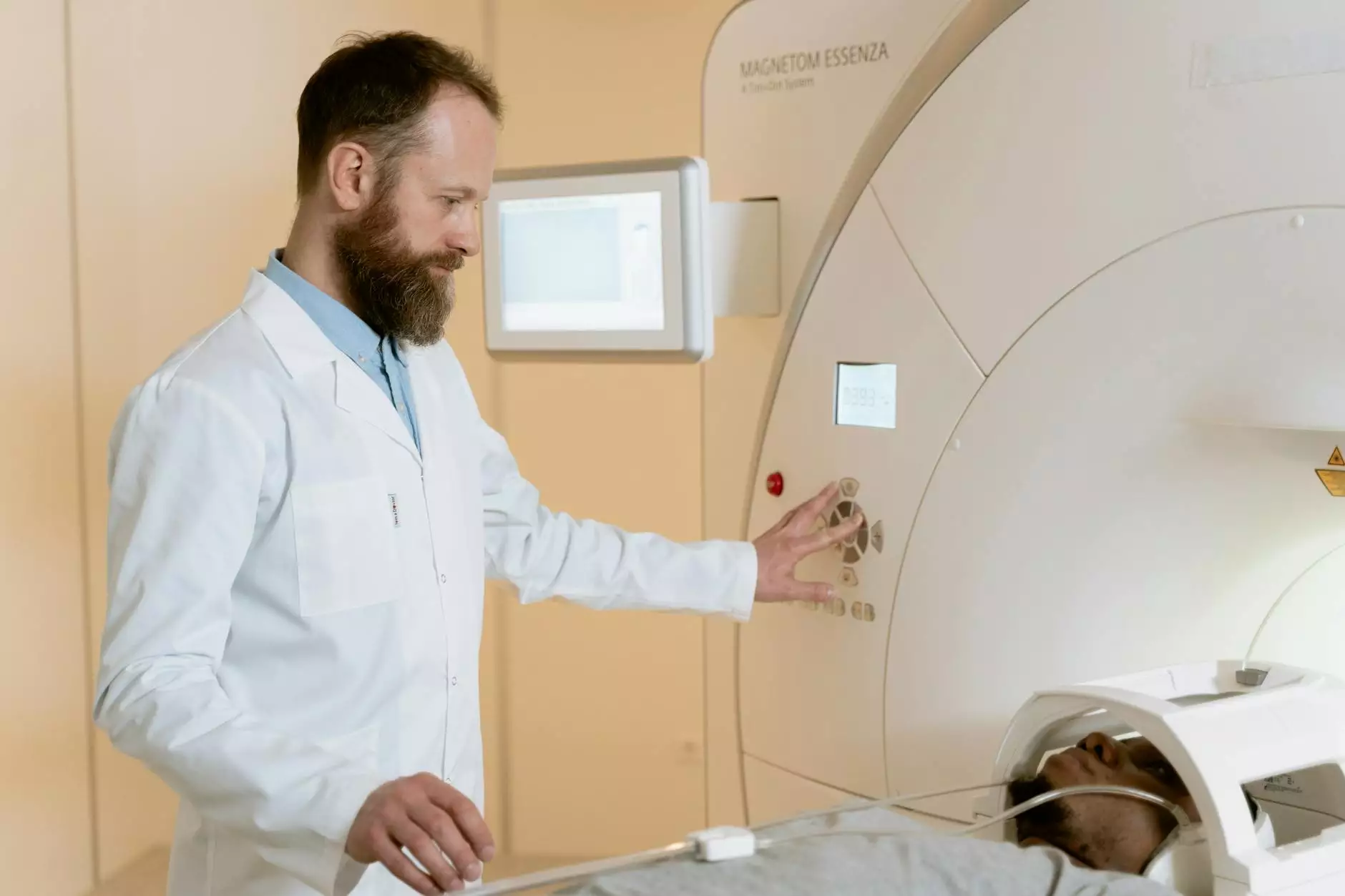Cancer Risk After Total Hysterectomy: Understanding the Implications

Total hysterectomy is a surgical procedure that involves the removal of the uterus and cervix. This procedure is often performed for various medical reasons, including the treatment of uterine fibroids, endometriosis, abnormal bleeding, and certain types of cancer. However, one of the most pressing concerns for women undergoing a total hysterectomy is the potential impact on their cancer risk. In this article, we will analyze the cancer risk after total hysterectomy and provide comprehensive insights to help women navigate their health post-surgery.
The Basics of Total Hysterectomy
A total hysterectomy entails the removal of the entire uterus along with the cervix. Depending on the patient's condition and the extent of treatment required, this procedure may also include the removal of the ovaries and fallopian tubes, which is referred to as a total abdominal hysterectomy with bilateral salpingo-oophorectomy (TAH-BSO).
Why Is a Total Hysterectomy Performed?
Women may undergo a total hysterectomy for various reasons, including:
- Uterine fibroids: Noncancerous growths that can cause pain and heavy bleeding.
- Endometriosis: A condition where tissue similar to the lining of the uterus grows outside of it.
- Abnormal uterine bleeding: Heavy, prolonged, or irregular bleeding not caused by menstrual cycles.
- Cancer: Treatment for cancers of the uterus, cervix, or ovaries.
The Link Between Total Hysterectomy and Cancer Risk
One of the most frequently asked questions by women considering or recovering from a total hysterectomy is whether this procedure impacts their cancer risk. Understanding this link is crucial for long-term health management.
Possible Increase in Cancer Risk
Studies regarding the cancer risk after total hysterectomy indicate that women who undergo this surgery, especially with the removal of ovaries, may experience a change in cancer risk profiles. Some key considerations include:
- Ovarian Cancer: Women who retain their ovaries during a total hysterectomy may continue to have a risk of ovarian cancer. However, the removal of the uterus itself does not significantly decrease the risk of ovarian cancer.
- Endometrial Cancer: For women with a history of endometrial disease, having a total hysterectomy can reduce the risk of developing endometrial cancer.
- Breast Cancer: Research indicates that women who have had their ovaries removed may have a lower risk of breast cancer due to decreased estrogen levels; however, this is a complex relationship.
Hormonal Changes and Cancer Risk
Removing the ovaries during a total hysterectomy can lead to significant hormonal changes, impacting the body’s endocrine system. Estrogen, a hormone produced by the ovaries, plays a crucial role in various bodily functions beyond reproduction, including the regulation of female sexual characteristics and the maintenance of bone density. The abrupt drop in estrogen levels can influence the risk of certain cancers.
Managing Cancer Risk Post-Hysterectomy
Post-operative management and regular screenings are essential for women's health after a total hysterectomy. Here are critical strategies for managing cancer risk:
Regular Check-ups and Screenings
Women should maintain a vigilant schedule of check-ups and screenings with their healthcare providers. Regular visits allow for early detection of any potential health issues, including cancer. Specific screenings may include:
- Annual pelvic examinations.
- Mammograms for breast cancer screening.
- CA-125 blood tests for ovarian cancer markers, especially in women with a high-risk profile.
Healthy Lifestyle Choices
Adopting a healthy lifestyle can greatly influence overall health and potentially reduce the risk of cancer. Consider the following recommendations:
- Balanced Diet: Incorporate a diet rich in fruits, vegetables, whole grains, and lean protein.
- Physical Activity: Regular exercise can help maintain a healthy weight, which is crucial for cancer prevention.
- Avoid Tobacco and Limit Alcohol: Both have been linked to various types of cancer.
Addressing Emotional Well-being
The journey after a total hysterectomy can be emotionally challenging for many women. It's vital to address mental health and seek support when needed. Consider joining support groups or engaging with mental health professionals to navigate the emotional aspects associated with cancer risk and lifestyle changes.
Final Thoughts
Understanding the cancer risk after total hysterectomy is essential for women making decisions about their health. While total hysterectomy may reduce the risk of some cancers, particularly endometrial cancer, it is crucial to be aware of new risks, especially concerning ovarian and breast cancer. Maintaining a healthy lifestyle, completing regular screenings, and managing emotional well-being are pivotal for long-term health. Always consult with a healthcare provider for personalized advice and screening recommendations.
Consult with Dr. Seckin
If you have questions or concerns regarding total hysterectomy and its implications for your health, reach out to Dr. Seckin. Our team of dedicated professionals is here to support you with informed advice and comprehensive care tailored to your individual needs.









